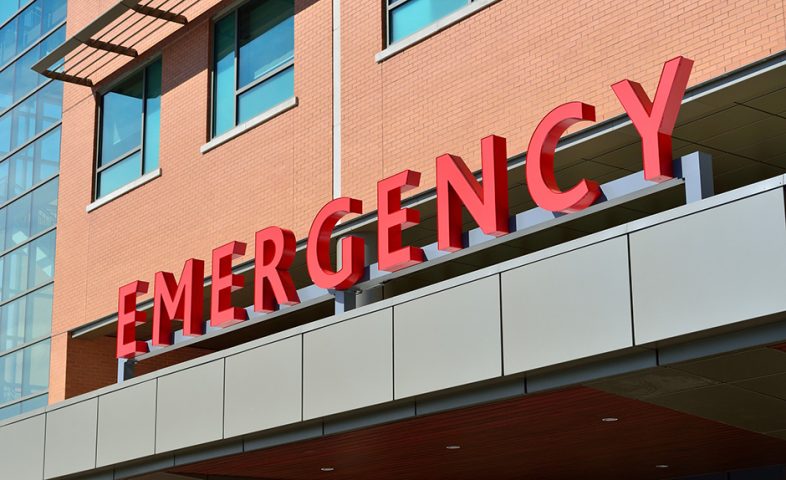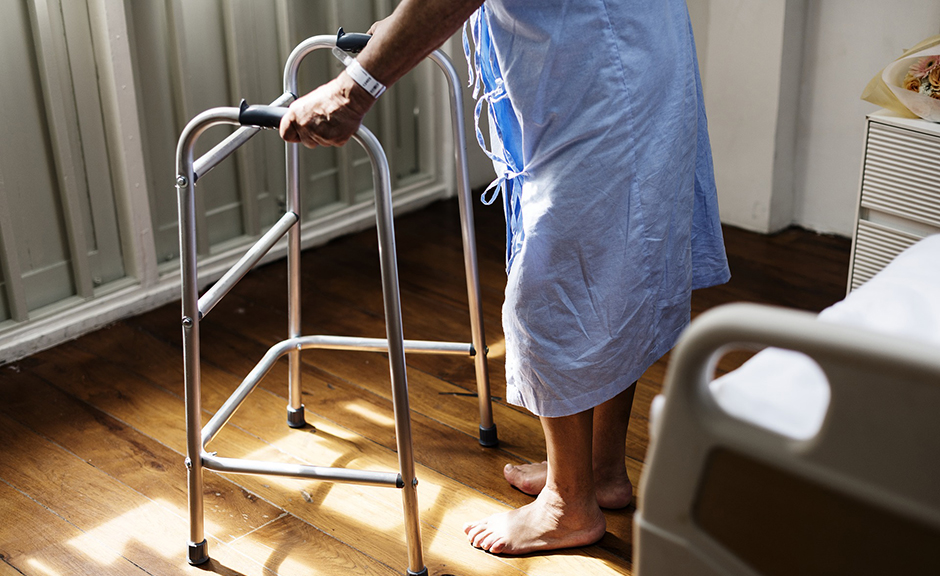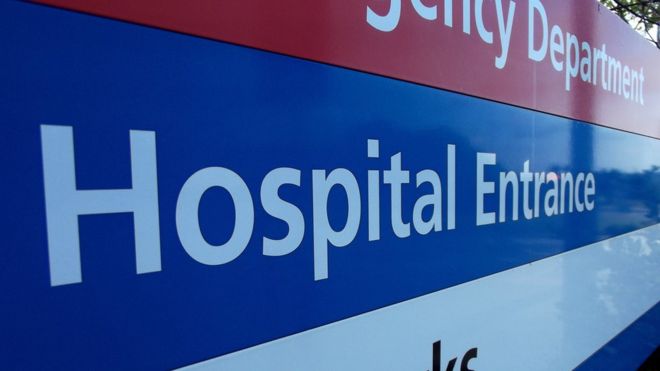Would you fear for the safety of a loved-one under NHS care?

National Trust Gets A New Director-General
January 10, 2018
Head of the Care Quality Commission quits
January 16, 2018Would you fear for the safety of a loved-one under NHS care?

An astonishing 85% of people say they would citing staffing levels as a major concern if a loved one required NHS hospital treatment, research has found.
A study, conducted by the Independent Health Professionals’ Association (IHPA), looked into public perceptions on the current state of the NHS and found a general consensus of unease amongst UK taxpayers with regards to care provision within the service.
Almost nine in 10 (86%) UK residents say that they feel patient safety is at risk due to funding cuts, with the service having less money to fill both permanent staff and plug short term staffing gaps with locum workers.
 The overwhelming majority (90%) of the population also worry that stretching the current NHS workforce more thinly will have a negative impact on quality of services they receive and want the government to react to this.
The overwhelming majority (90%) of the population also worry that stretching the current NHS workforce more thinly will have a negative impact on quality of services they receive and want the government to react to this.
Encouragingly, however, more than half (56%) of the public stated that they have never had an unpleasant experience with NHS staff and a further 78% said they have never had an unpleasant experience with locum healthcare workers.
Ben Itsuokor, consultant surgeon and president of the IHPA, said: “Despite best efforts from staff across the NHS, patient care is at breaking point due to circumstances out of their control; namely ongoing funding cuts. This is leaving working hours increasingly stretched, with individual trusts struggling to meet adequate standards of service.
“Clearly, issues of funding are not perceived to have had a detrimental effect on the attitudes of staff at grass roots, who are still working hard to maintain a strong work ethic across the board. This is heartening, but – with experts predicting that cuts by many Trusts will be unavoidable in the near future – it is becoming increasingly strained.
“Medical staff are leaving the NHS in droves, citing intense workload pressures and an inability to provide appropriate patient care as key reasons for departure. It’s time for the government to take this seriously and plug the funding gap before even more damage is done.”
Meanwhile, commenting on the recently published weekly performance stats published by the NHS Richard Murray, Director of Policy for The King’s Fund, said: ‘Despite the phenomenal efforts of NHS staff, the proportion of patients seen within four hours at major A&Es in December is the lowest for well over a decade. This reflects the intense pressure on the NHS and once again highlights that this winter is proving to be the most difficult for many years. Emergency admissions are at their highest ever level for a single month and 4.5 per cent up on December last year, underlining unprecedented demand for hospital services.
‘The weekly data, while not fully validated, suggests these pressures have continued into the new year. The decision to cancel planned operations will have a significant impact on patients and is a last resort, but the figures for bed occupancy show that hospitals are effectively full.
‘Despite the welcome additional funding for the NHS in the last Budget, the service has reached the limit of what it can deliver within current funding levels. A new funding settlement is needed for the NHS and social care, building on the recommendations of the Barker Commission.’



